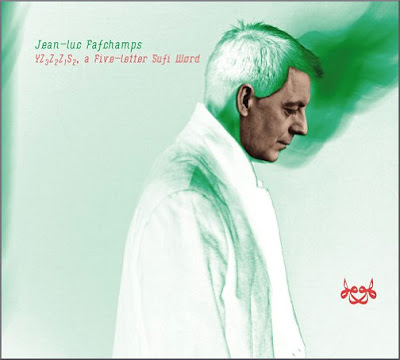We also need more black conductors at the Proms

Good journalism changes the way people think. Bad journalism panders to the way people think to win readers. Yesterday the Guardian indulged in bad journalism by jumping on the we need more women conductors bandwagon . Of course we need more women in senior positions in classical music. On An Overgrown Path was one of the first to say that ten years ago. But as a commenter on the Guardian editorial astutely observes "the issue is much more complicated than a call of 'We need more women conductors!'” Quite wrongly a complex of historical factors and entrenched attitudes has prevented women taking senior roles. Thankfully that is now changing , but the cultural correction will take time. It can be argued quite convincingly that the correction should have been instigated earlier. But it wasn't and we can't change history. What makes the Guardian editorial particularly bad journalism is that it aims at the easy target of the unacceptable gender balance in clas...





















